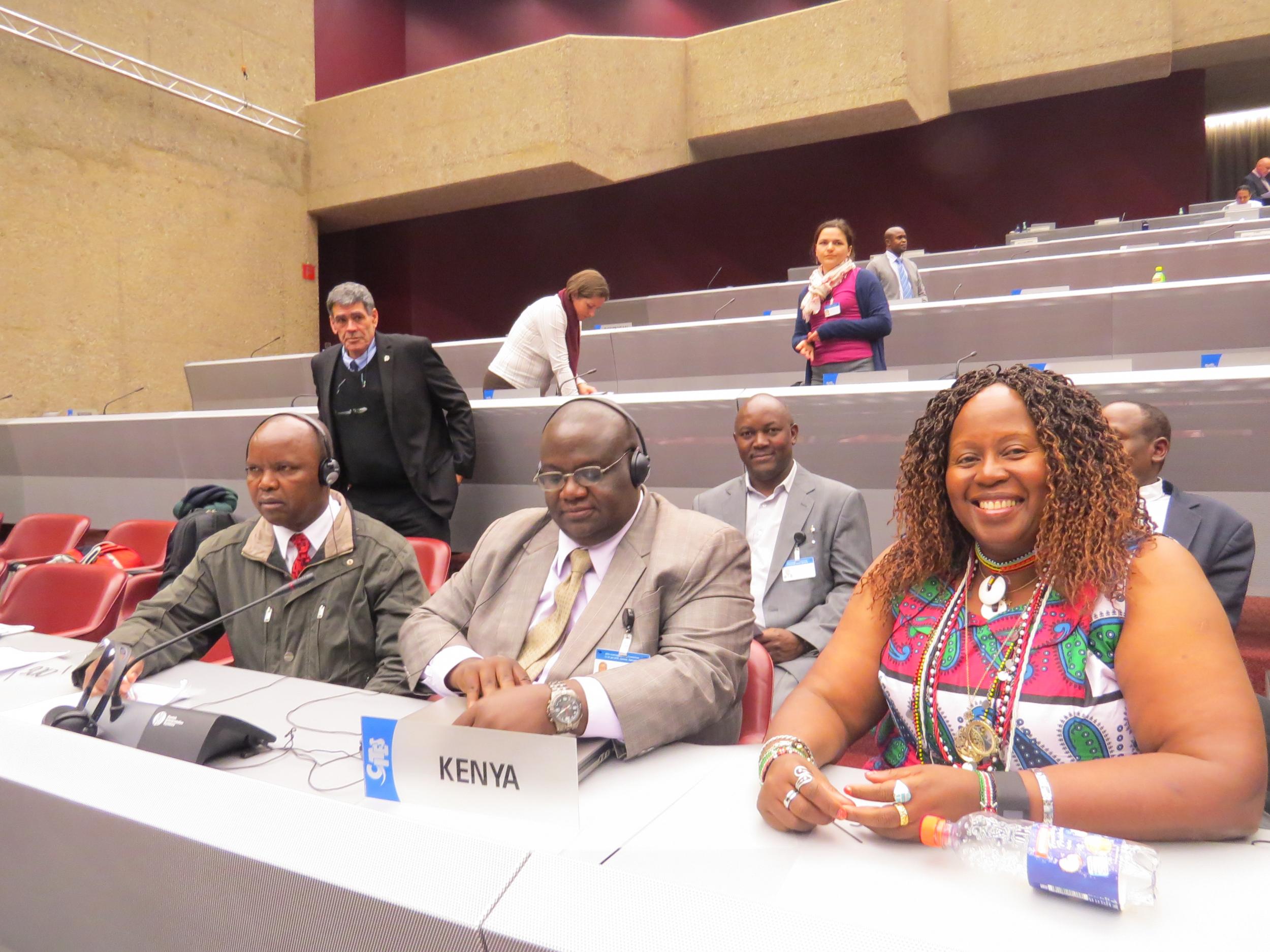The global ivory trade to remain illegal after meeting of UN Endangered Species Committee
Countries at the CITES Standing Committee in Geneva have agreed that a clear signal needs to be sent to the world against smuggling ivory in light of the current poaching crisis

The CITES Standing Committee has agreed not to progress negotiations to legalise the global ivory trade, at the 66th meeting of the Standing Committee in Geneva this week.
The decision came after a large number of African countries, backed by the EU, the United States, India and Israel, warned that CITES needed to send a clear signal to the world against poaching and smuggling ivory.
Several countries who back the trade in ivory objected to the ruling, claiming that no clear link has been established between a legal trade system and the current poaching crisis, but they were in the minority.
Patrick Omondi, a member of the Kenyan delegation who chairs the African Elephant Coalition said: “We are now looking forward to a total closure of all domestic markets and more protection measures in the coming COP [Conference of Parties] in South Africa. I believe this will push the market prices down thus leading to less pressure on elephants."
Another elephant-range state described a proposal by the United Nations Environment Programme (UNEP) to develop a mechanism for legal ivory trading as “untimely, unbalanced, not costed, and ignorant of recent ivory trading history.” It was also described as, “preposterous in the face of recent worldwide action to halt the ivory trade.”
All populations of African elephants were listed on CITES Appendix I in 1989, which banned the international trade in ivory. But the protection was weakened in 1997 and 2000 when populations in Botswana, Namibia, South Africa and Zimbabwe were downgraded to Appendix II – a less endangered status – to allow two sales of ivory stockpiles to Japan and China in 1999 and 2008.
Join our commenting forum
Join thought-provoking conversations, follow other Independent readers and see their replies
Comments
Bookmark popover
Removed from bookmarks